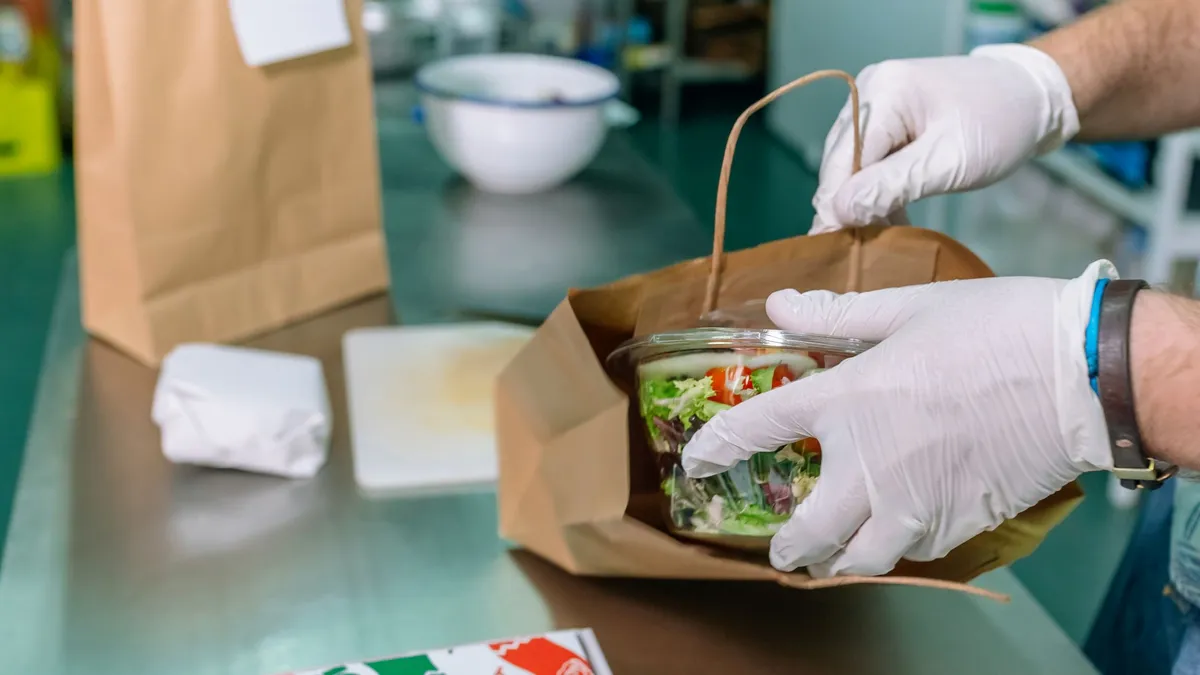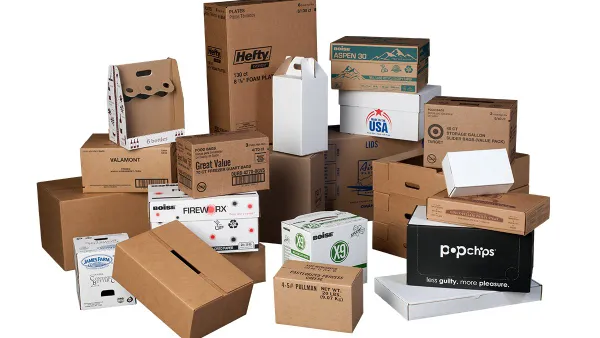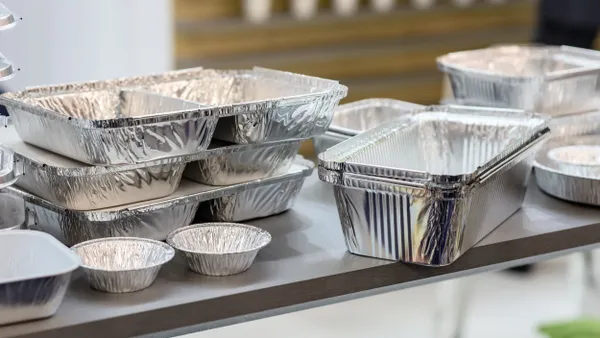As second-quarter earnings reporting gets into full swing, observers await news from packaging companies on whether their volumes and sales improved as many executives had anticipated.
DS Smith executives, for instance, reported during a late-June earnings call that they expected weak corrugated volumes to be a short-term trend, and the company was beginning to see destocking ease.
Conversely, George Staphos, Bank of America paper and packaging research analyst, released a report earlier this month suggesting that destocking continues to impact packaging manufacturers. The report notes that the bank’s economics team foresees a recession beginning in the first quarter of 2024, despite improvements with certain conditions like slowing inflation.
Last week, Goldman Sachs released its Q2 earnings preview for packaging companies, noting its “estimate revisions reflect generally subdued volume/demand trends.” Analysts anticipate that while inflationary headwinds are calming, uncertain demand and inventory destocking will continue to have an impact, a trend that dragged down many companies’ Q1 earnings.
The report’s look at eight major packaging manufacturers across substrates cites expectations for overall lower earnings before interest, taxes, depreciation and amortization. Analysts expect SEE, formerly Sealed Air, to lower its guidance for the year due to continued volume sluggishness; SEE executives predicted softness throughout the first half of 2023 during their Q1 earnings call.
Goldman Sachs expects Graphic Packaging International’s cost improvements to balance out slightly softer growth in volumes. The bank’s analysts anticipate Amcor will experience volume headwinds into Q2 next year, partly because of continued destocking. It suggests companies including Amcor, Ranpak and Pactiv Evergreen also face risks related to public sentiment shifting away from plastics and toward other substrates considered more environmentally friendly.
On Friday, Finland-based Stora Enso released its first earnings report since announcing in June a broad restructuring effort, including 1,150 layoffs. Its Q2 sales decreased 22% year over year. In April, the company lowered its guidance for the year, saying “the whole packaging market is currently weakening.” Stora Enso reiterated this guidance in its Q2 earnings release, saying the “market outlook for 2023 remains uncertain.”
Authors of a Zacks report anticipate that Packaging Corp. of America will announce a sales decline upon releasing its earnings data after the New York Stock Exchange closes Monday. Weak demand for packaging is a leading factor. “As customers are working to lower their high inventory levels, it has impacted the order flow and demand for Packaging Corporation’s products,” it said. The report also predicts that PCA’s containerboard production will slow in the coming months to match demand.
Last month, Jeffrey Kleintop, Charles Schwab managing director and chief global investment strategist, stated in a report that the U.S. is in a “cardboard box recession” that is broadening, noting lower demand for demand for corrugated linerboard, the material that makes up most boxes. Kleintop said the cardboard box recession suggests potential for corporate earnings downturns to continue. Although a box downturn often precedes a wider recession, economists continue to have mixed thoughts on the likelihood of a recession occurring in the coming months.















